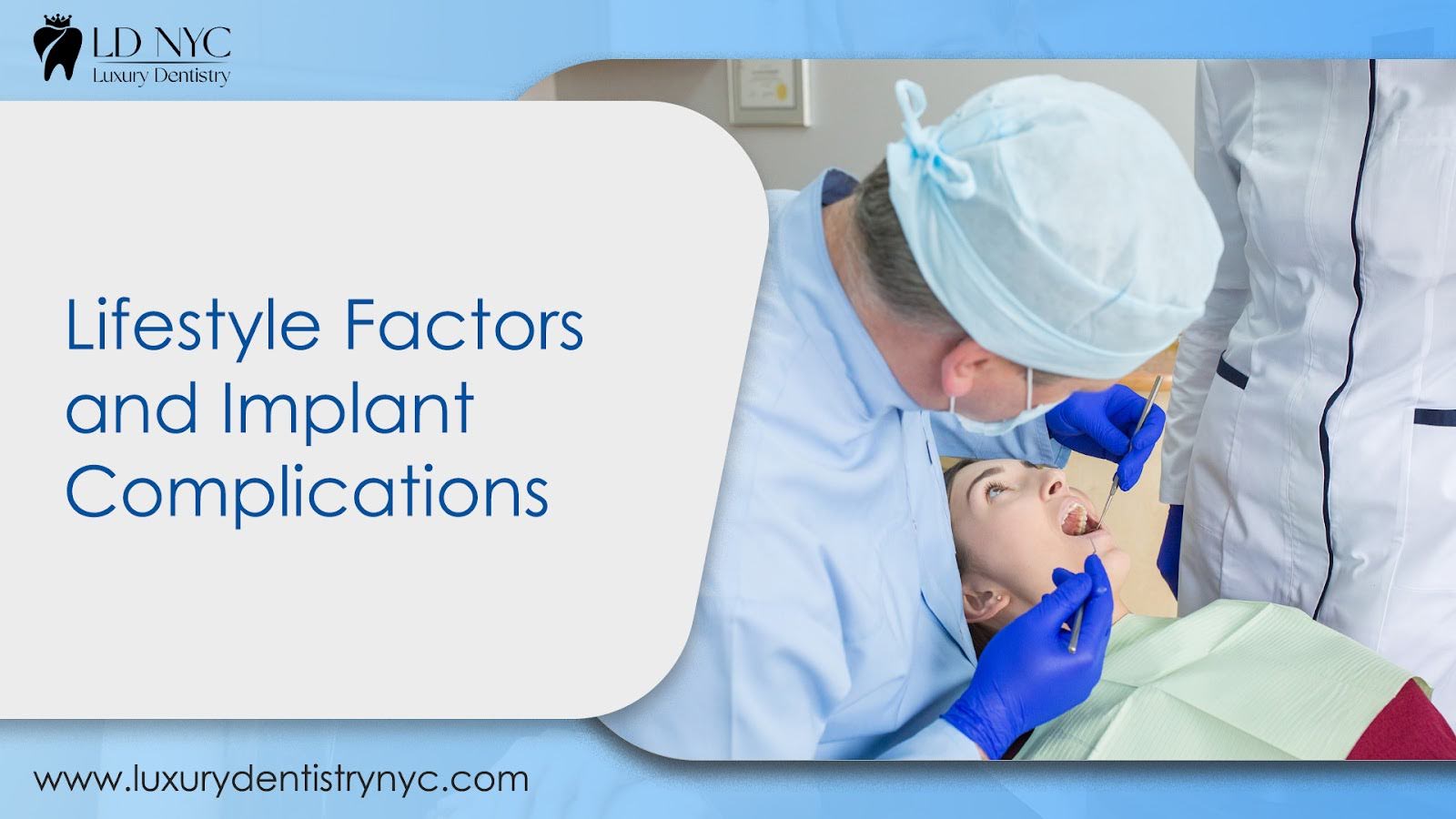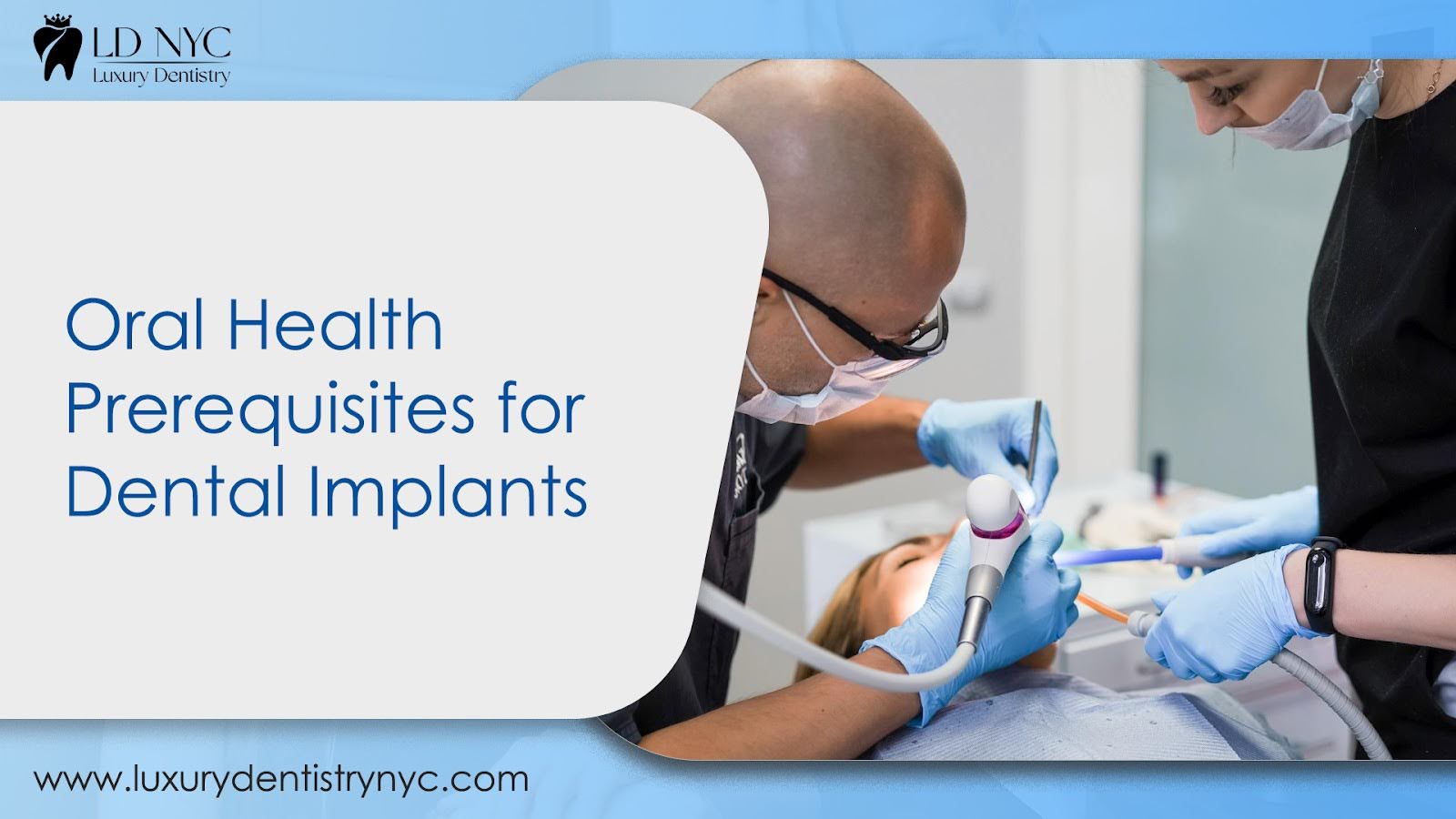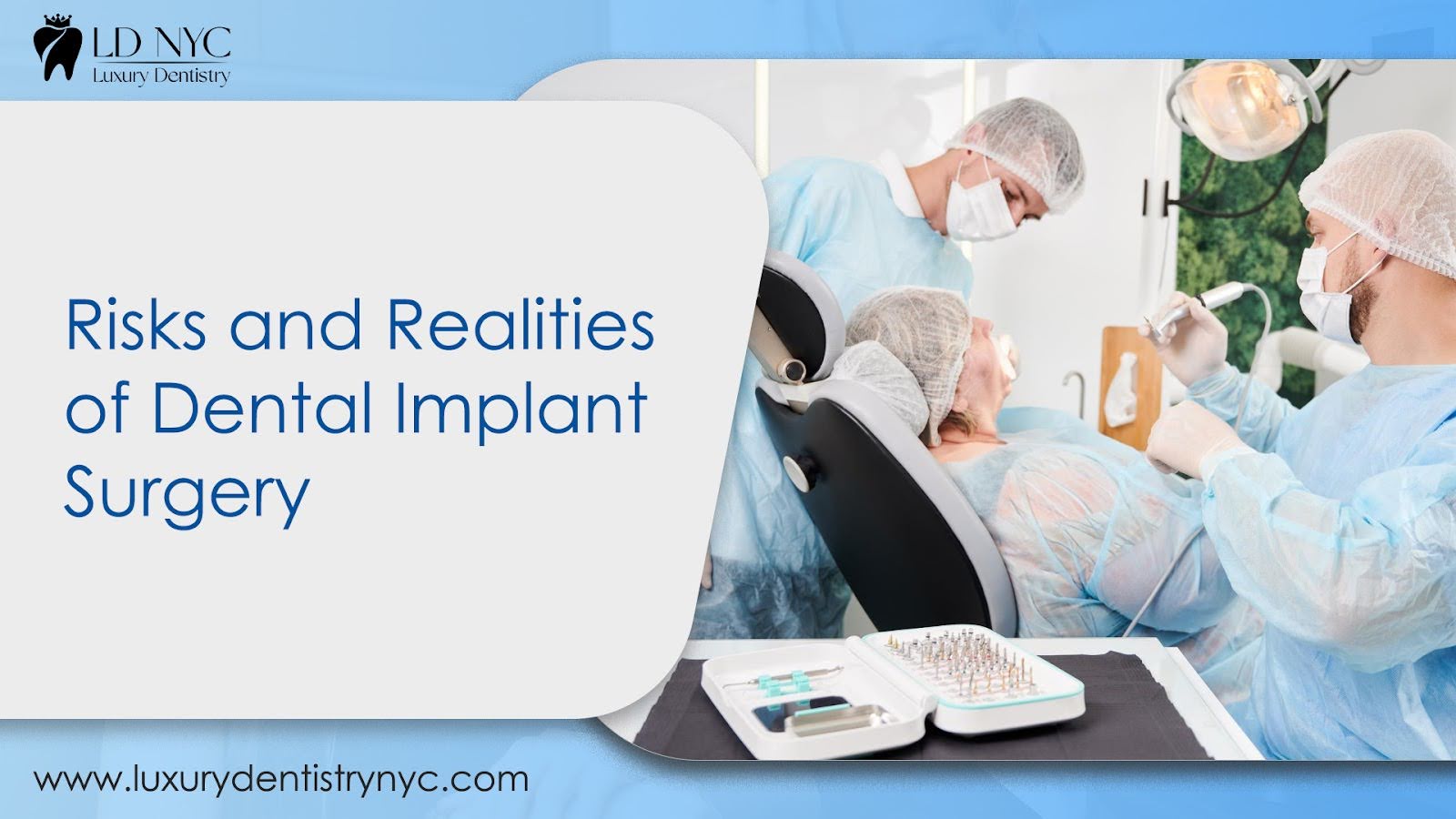Table of Contents
ToggleUnderstanding Dental Implants
Dental implants have revolutionized the field of dentistry, offering a permanent solution for missing teeth that can enhance both function and aesthetics. Understanding the intricacies of dental implants, including who should not get a dental implant. is crucial for individuals considering this treatment option. Essentially, dental implants consist of titanium posts surgically implanted into the jawbone, providing a sturdy foundation for artificial teeth. Certain individuals, such as those with significant health issues, insufficient bone density, or who are at high risk for infections, may not be ideal candidates for this procedure. Those interested in dental implants need to consult with a dental professional to determine if they are a suitable candidate for this transformative treatment.
Over time, the implant fuses with the bone through a process called osseointegration, ensuring stability and durability akin to natural teeth. In a bustling city like New York, where excellence is expected, dental implants in NYC are sought after for their ability to restore both functionality and aesthetics.
Medical Disqualifiers for Dental Implants
Certain medical conditions can impact the success of dental implant procedures. For instance, uncontrolled diabetes can hinder the body’s natural healing processes, increasing the risk of complications post-surgery. Similarly, patients undergoing radiation therapy in the jaw and neck area may experience heightened risks of implant failure due to compromised bone health. Additionally, autoimmune diseases, osteoporosis, and poor psychological health may affect dental implant candidacy, necessitating thorough evaluation by dental professionals.
it’s important to note that conditions such as hypertension, though not directly disqualifying, may require careful management before proceeding with implant surgery. High blood pressure can affect healing and increase the risk of complications during the procedure. Therefore, collaboration between the patient’s medical doctor and dental specialist is essential to ensure optimal outcomes.

Lifestyle Factors and Implant Complications
Smoking is a significant risk factor for dental implant failure, as it impedes healing and increases susceptibility to infections. Similarly, excessive alcohol consumption can interfere with the body’s ability to heal properly after implant surgery. Moreover, maintaining proper nutrition is essential for successful implant integration, as deficiencies can compromise bone health and overall oral well-being.
In addition to these lifestyle factors, it’s important to consider the impact of stress on dental implant success. High levels of stress can weaken the immune system, making individuals more vulnerable to infections and delaying the healing process. Implementing stress management techniques such as mindfulness, exercise, and adequate sleep can play a crucial role in supporting successful implant outcomes.
Age-Related Concerns in Dental Implant Candidacy
While dental implants are suitable for many individuals, age-related factors, include who should not get a dental implant. must be considered. For example, younger patients whose jaws are still developing may not be suitable candidates for dental implants as it could disrupt natural growth patterns. Similarly, individuals with certain health conditions or insufficient bone density may be advised against getting dental implant services. Conversely, elderly patients may face higher risks associated with surgery and recovery, necessitating careful assessment by dental professionals. It’s crucial for those considering dental implants to undergo a comprehensive evaluation to determine if they are an appropriate candidate, taking into account their overall health, age, and specific dental needs.

Oral Health Prerequisites for Dental Implants
Good oral hygiene is paramount for successful dental implant outcomes. Patients with untreated gum disease or poor oral health habits may not be ideal candidates for implants, as these conditions can compromise the integrity of surrounding tissues and affect implant stability. Prior treatment and maintenance of oral health are crucial prerequisites for undergoing implant procedures.
Medications and Treatments Impacting Implant Success
Certain medications, such as steroids and blood thinners, may affect implant success and healing. Patients taking these medications should consult with their healthcare providers and dentists to assess potential risks and determine appropriate treatment plans. Additionally, individuals undergoing treatments like chemotherapy or radiation therapy should consider the impact on dental implant candidacy and discuss alternatives with their healthcare team.
Financial and Time Commitments for Implant Procedures
Dental implants entail financial and time commitments, requiring thorough consideration before proceeding with treatment. While implants offer long-term benefits, they may involve substantial upfront costs and multiple appointments for evaluation, surgery, and restoration. Patients should discuss payment options and timelines with their dental providers to ensure informed decision-making.

Risks and Realities of Dental Implant Surgery
Like any surgical procedure, dental implant surgery carries inherent risks, including infection, nerve damage, and implant failure. However, the overall success rate of implant procedures is high, with proper patient selection, meticulous surgical techniques, and post-operative care playing crucial roles in outcomes. Patients should be aware of potential dental implant problems and realistic expectations before undergoing implant surgery, seeking guidance from experienced dental professionals familiar with the complexities of urban living in NYC.
Evaluating Alternatives to Dental Implants
While dental implants offer unparalleled benefits for many patients, alternatives such as bridges, dentures, or orthodontic treatments may be more suitable in certain cases. Factors such as oral health, bone density, and patient preferences should be carefully considered when exploring treatment options. Dental professionals can provide comprehensive evaluations and recommendations based on individual needs and circumstances.
Expert Guidance and Patient Decision-Making
Navigating the decision-making process for dental implants or other common dental procedures requires expert guidance from dental professionals and active involvement from patients. Comprehensive consultations, thorough evaluations, and open communication are essential for ensuring informed decisions and optimal treatment outcomes. Patients should feel empowered to ask questions, voice concerns, and collaborate with their dental team to achieve the best possible results.
Conclusion: Making an Informed Choice
In conclusion, dental implants offer a transformative solution for restoring missing teeth and enhancing oral health and quality of life. However, candidacy for dental implants depends on various factors, including medical history, oral health status, lifestyle habits, and treatment goals. By understanding the complexities of dental implant candidacy and exploring alternative options, patients can make informed decisions in collaboration with their dental providers. Ultimately, the journey to dental implant success begins with comprehensive evaluation, thoughtful consideration, and expert guidance every step of the way.
Dr. D’s Services
Dr. D offers a comprehensive range of dental services tailored to meet the diverse needs of patients at his dental clinic in New York City. From routine cleanings and preventive care to advanced restorative treatments, Dr. D is committed to providing exceptional dental care in a comfortable and welcoming environment. With a focus on patient education and personalized treatment plans, Dr. D strives to empower patients to achieve optimal oral health and confidence in their smiles. Schedule a consultation with Dr. D today to experience the difference in quality dental care.

Dr. Steven Davidowitz, also known as “Dr. D” by his patients, is one of the Upper East Side of NYC Manhattan’s leading cosmetic dentists that specialize in designing and maintaining beautiful smiles.












